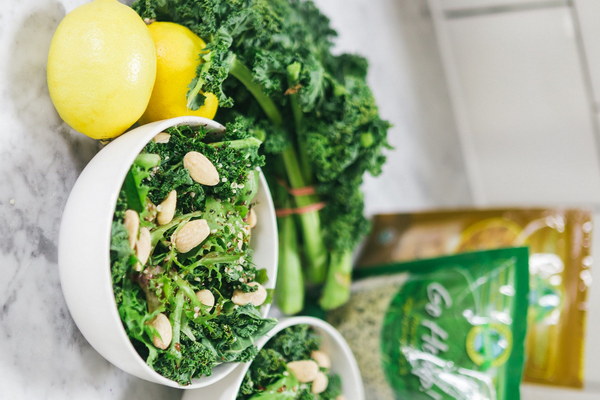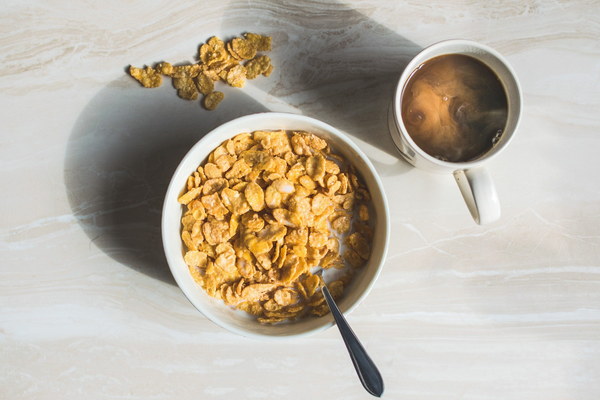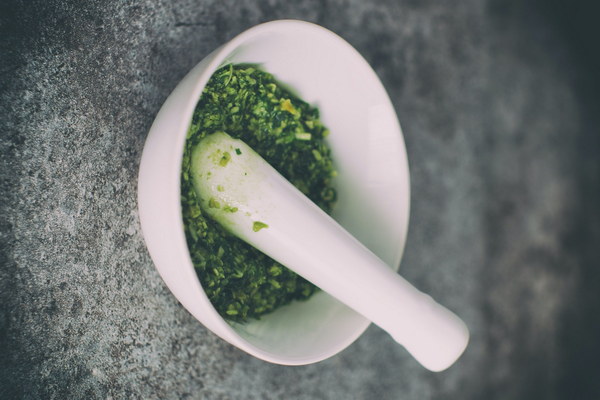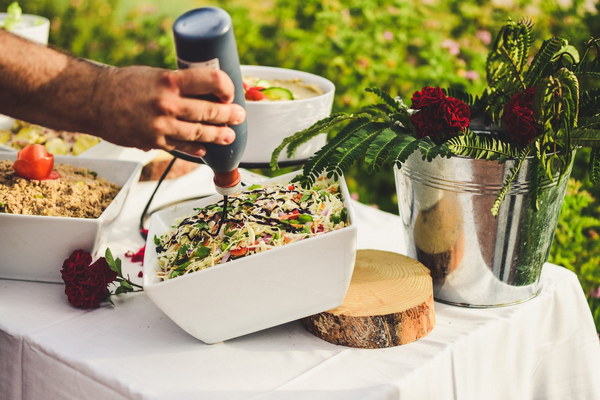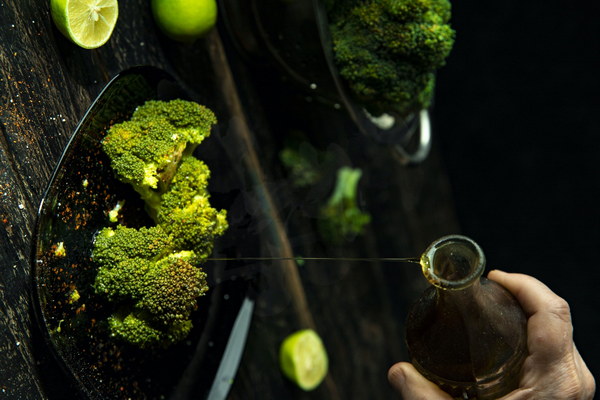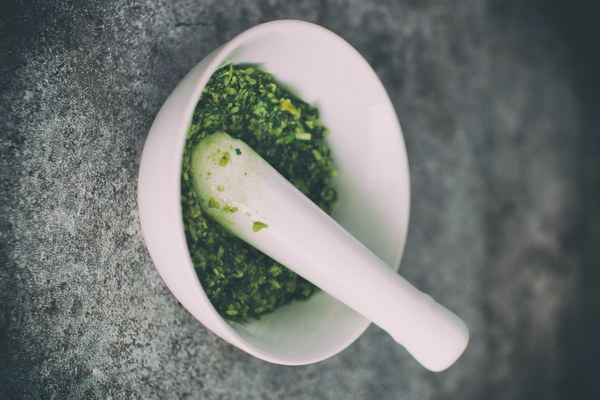Cultivating Health Prioritizing the Spleen Stomach and Kidneys in Traditional Chinese Medicine
In the realm of traditional Chinese medicine (TCM), the adage prevention is better than cure is deeply ingrained in the philosophy of wellness. One of the fundamental principles of TCM is that the foundation of good health lies in the balance and harmony of the body's internal organs, particularly the spleen, stomach, and kidneys. This article explores the importance of nurturing these vital organs for overall well-being and provides practical advice on how to achieve this balance.
The Spleen: The Organ of Energy and Blood
The spleen, often referred to as the king of the interior, plays a crucial role in the body's energy and blood production. It is responsible for transforming food into qi (vital energy) and blood, which are essential for maintaining vitality and supporting all bodily functions. A healthy spleen ensures that the body has the energy to perform daily activities and recover from illnesses.
To nurture the spleen, it is essential to maintain a balanced diet that includes a variety of nutrients. Foods that are rich in vitamins, minerals, and fiber are particularly beneficial, as they help to strengthen the spleen and promote the absorption of nutrients. Some examples include:
- Quinoa: A gluten-free grain that is rich in protein, fiber, and essential amino acids.
- Sweet potatoes: A starchy vegetable that is high in beta-carotene, vitamins A and C, and fiber.
- Lentils: A legume that is packed with protein, fiber, iron, and folate.
- Green leafy vegetables: Such as spinach and kale, which are rich in vitamins, minerals, and antioxidants.
In addition to diet, it is important to manage stress and avoid overexertion, as these can weaken the spleen. Engaging in gentle exercises such as tai chi, yoga, or walking can help to improve blood circulation and support the spleen.
The Stomach: The Organ of Digestion
The stomach, known as the sea of qi, is responsible for breaking down food and absorbing nutrients. A healthy stomach ensures that the body receives the necessary nutrients to maintain optimal health and energy levels.

To support the stomach, it is important to:
- Eat slowly and chew thoroughly to aid digestion.
- Avoid overeating and spicy, greasy, or processed foods, as they can irritate the stomach lining.
- Stay hydrated, as water aids in digestion and prevents constipation.
- Incorporate probiotics into your diet, such as yogurt or kefir, to maintain a healthy gut microbiome.
Practicing mindfulness and managing stress can also help to keep the stomach in balance, as stress can disrupt the digestive process.
The Kidneys: The Organ of Vitality
The kidneys, often referred to as the root of life, are responsible for regulating water balance, sex hormones, and the production of red blood cells. They also play a crucial role in the aging process and the body's overall energy level.
To maintain healthy kidneys, consider the following:
- Stay hydrated by drinking plenty of water throughout the day.
- Limit the intake of caffeine, alcohol, and tobacco, as they can strain the kidneys.
- Consume foods that are rich in antioxidants and vitamins, such as berries, nuts, and leafy greens.
- Practice relaxation techniques, such as meditation or deep breathing exercises, to reduce stress and support kidney function.
Incorporating these practices into your daily routine can help to ensure that your spleen, stomach, and kidneys are functioning optimally, leading to a healthier and more vibrant life.
In conclusion, the well-being of the spleen, stomach, and kidneys is vital for maintaining good health. By prioritizing the balance and harmony of these organs, you can enhance your overall well-being and lead a more fulfilling life. Remember, the key to a long and healthy life lies in the ancient wisdom of traditional Chinese medicine, which emphasizes the importance of nurturing the body's internal organs for optimal health and longevity.
